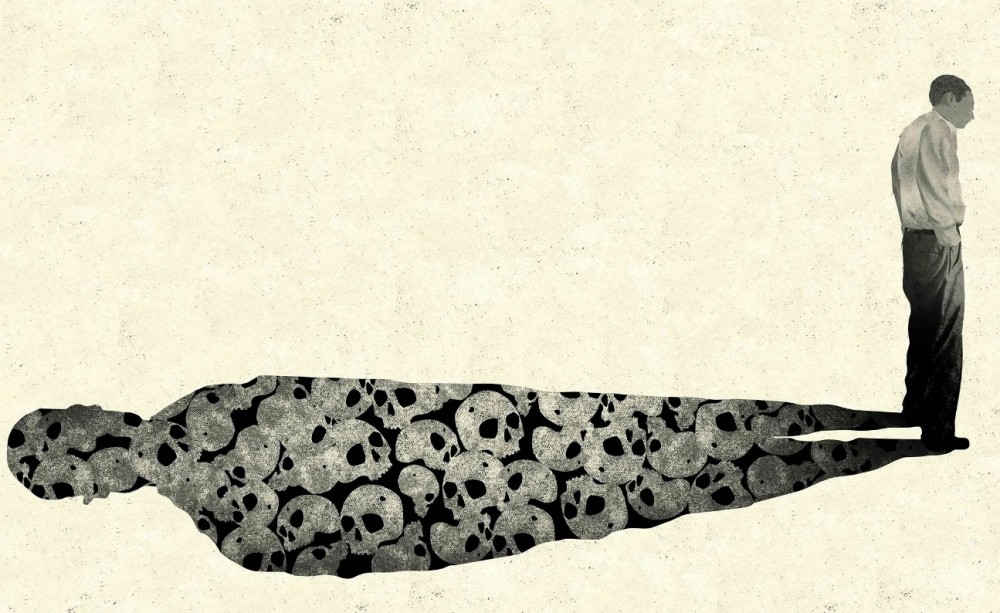
The issues of preparation and conduct of the Nuremberg Trials (1945-1946) have sufficiently fully and comprehensively covered in domestic and foreign historical, legal, and journalistic literature, while Kharkiv Trial 1943 (December 15-18, 1943) has remained outside the field of vision of scholars. The purpose of the study is to highlight the issue of organizing and conducting the Kharkiv show trial over war criminals—servicemen of the Wehrmacht and the German police, as well as their collaborators. The research methodology is based on the principles of historicism, objectivity, systematic scientific analysis and synthesis. The principle of historicism allows us to consider the issues of organizing and conducting the Kharkiv Trial in chronological sequence as a natural process that developed in accordance with the then sociopolitical situation and the global context. The objectivity of the study lies in the coverage and condemnation of the crimes of Nazism. Analysis and synthesis makes it possible to determine the role of the Kharkiv Tribunal in the process of forming international criminal legislation. Scientific novelty of the research. During 1941-1943, the Soviet justice has formed a legal framework, which made it possible to hold trials of war criminals involved in the massacres of civilians and prisoners of war in the territory of the USSR. The agreements reached between Great Britain, the USA, and the USSR at the Moscow Conference (1943) were used by the Soviet government for the preparation of the show trial over the servicemen of Hitlerite Germany. During the Trial, the facts of the mass destruction of the civilian population and prisoners of war by the Nazis in the territory of Kharkivshchyna were established. The verdict of the Kharkiv Tribunal in practice has implemented the thesis, which became the cornerstone of international criminal law: «A crime committed by order of the high command does not exempt the perpetrator from criminal liability». Conclusions. The Kharkiv Trial has become a legal precedent for the punishment of Nazi war criminals — German citizens, it has laid the foundations of international criminal law and given an acceleration in the decision to hold a trial of the main war criminals of Hitlerite Germany.
Source: Yakovlev V. (2021). Organization and holding the trial of Nazi criminals in Kharkiv (December 15-18, 1943). V. N. Karazin Kharkiv National University Bulletin ‘History of Ukraine. Ukrainian Studies: Historical and Philosophical Sciences’. 32: 39-52
Source web-site: https://periodicals.karazin.ua/uahistory/article/view/18137/16547
Number of views: 1550